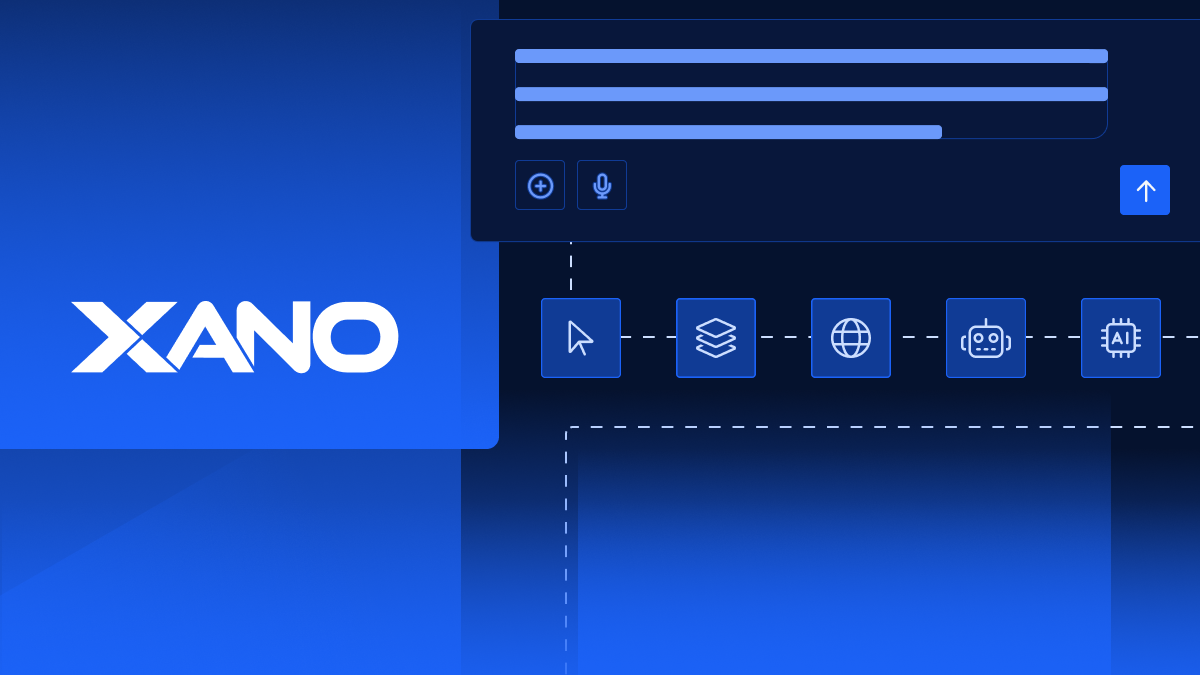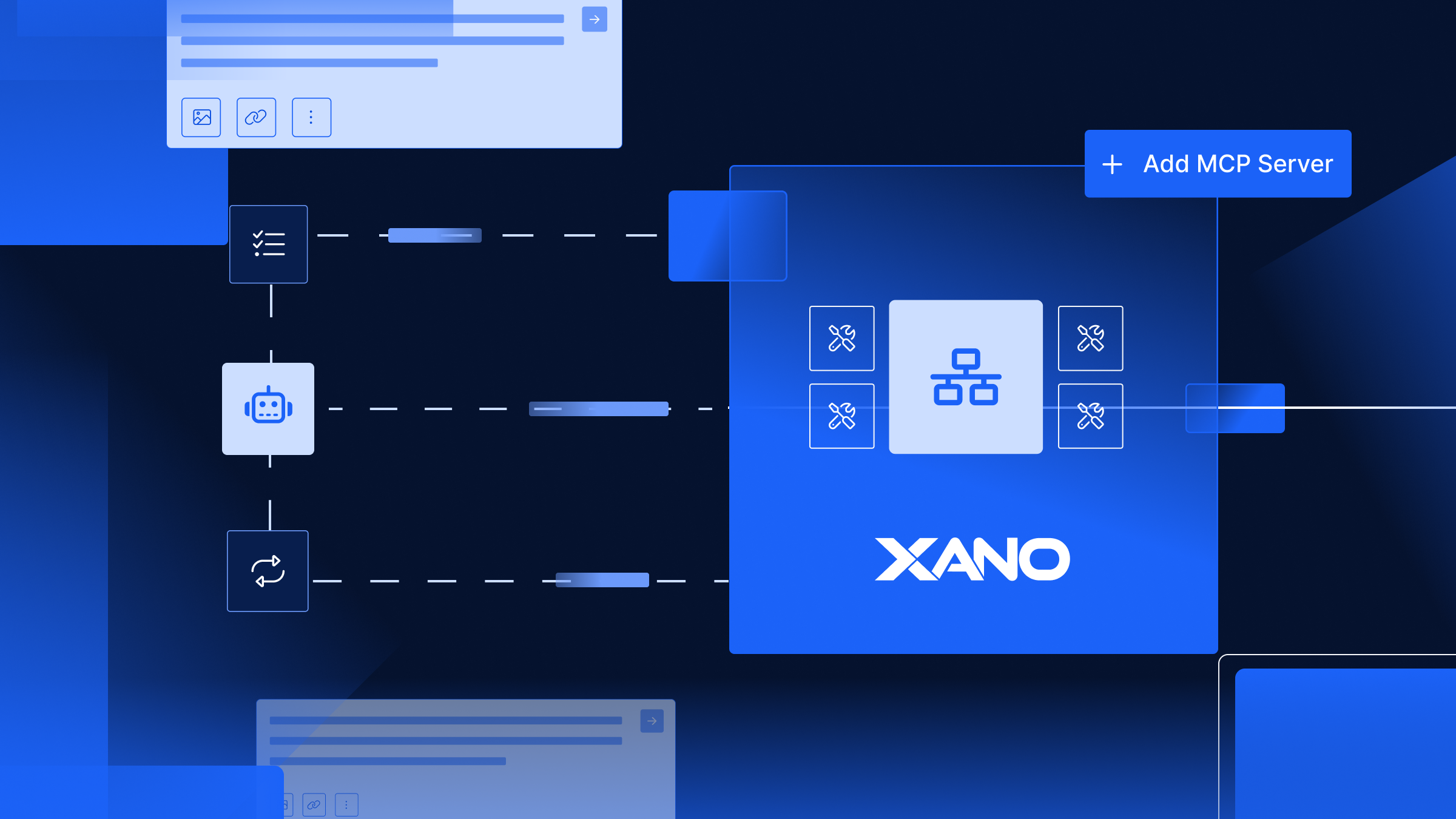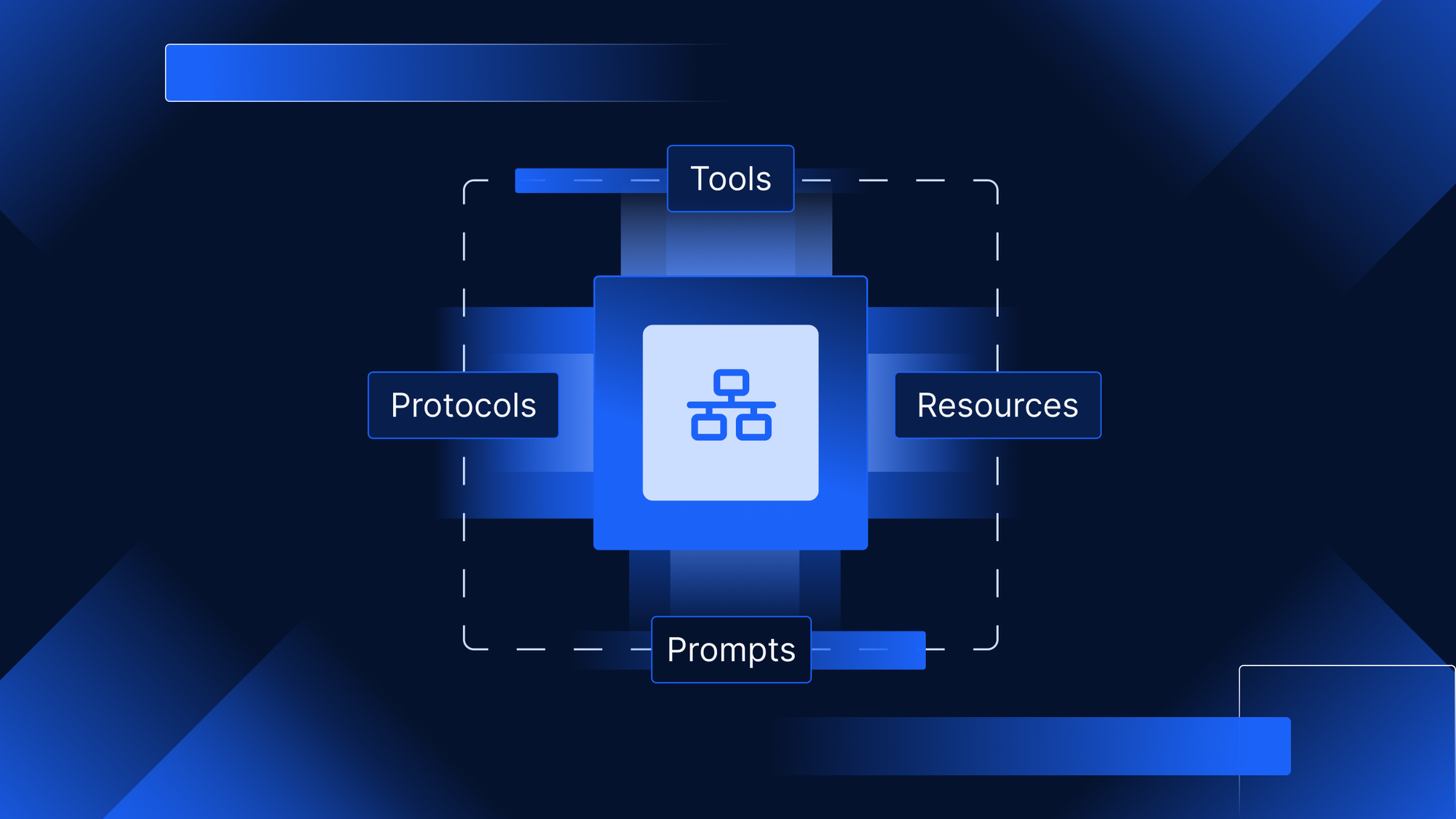5 Reasons To Use Auth0 For Authentication In Your Application
By Xano | December 15, 2021

Auth0 is a popular management platform that provides authentication and authorization services. It advertises itself as a way to keep your customer's data secure and safe without needing to be a security expert yourself. Cybersecurity is an increasing concern in the tech world as we spend so much of our time online. Sensitive information like credit card and social security numbers are vulnerable to hackers, so preventing malicious logins is more important than ever. Many developers turn to Auth0 for help with this part of the process.
Is Auth0 right for your company? There are plenty of good reasons to use it, which we'll go over in depth below. However, we will also touch briefly on some of the potential downsides to help you make an informed decision about whether Auth0 is right for you.
What Is Auth0?
Auth0 is a secure platform that provides both authentication and authorization services for a wide array of websites and applications. Auth0 helps configure authorization and authentication for social networks with what is called token-based authentication, a protocol that generates temporary encrypted security tokens when users verify their identity. This prevents the use of cookies which – in combination with Auth0's robust architecture and multi-layer security – drastically reduces the likelihood of security breaches or data hacks.
In addition to keeping your application secure, it can help with scalability and performance and works well with enterprise-level applications for B2E, B2C, and B2B platforms. With Auth0, you can:
- Customize your application or websites authentication processes
- Monitor users the come to your site and gain invaluable data and analytics
- Provide multi-factor authentication for a safer user experience
- Secure your applications and APIs
Why Use Auth0? Five Reasons
Heightened Security
This is probably the biggest benefit to Auth0 (but, as we'll learn below, by far not the only benefit). Protecting user information is vital to your company’s reputation and the well-being of those who use your application. 0Auth2.0 has robust security features that keep information safe in multiple ways.
First, Auth0's 0Auth 2.0 authentication protocol allows your application to grant access permissions to the user's resources on an outside network. This eliminates the need to trust your application's login and password alone (which, unless your team is full of cybersecurity experts, may be more vulnerable than third-parties). Plus, 0Auth 2.0 includes a robust attack protection feature, essentially handling all cybersecurity issues for you. This gives your development team time to focus on creating the application without worrying about security.
Auth0 has also recently introduced push notifications that immediately alert users if their passwords have been compromised. Users can immediately change their passwords to protect their information.
Auth0 Analytics
Auth0 analytics are an excellent tool for your sales and marketing team as they provide invaluable insights on buyer behavior that can help you increase leads and conversions throughout the buyer journey.
With the analytics, you can build funnels, track retention, and capture and measure specific events (e.g., the number of new users, in-app login activity per year, new registrations per day). This can help you evaluate customer experience and adjust your sales and marketing tactics accordingly. Auth0 even does data visualization, condensing complex information into simple-to-understand graphs and other visuals.
Flexible UI Options
Auth0 allows for both built-in and customizable UI and you can choose either native or browser-based login flows depending on what makes sense for you. Browser-based takes users to the Auth0 login page, while native login flow takes place within the application.
Browser-based UI reduces execution time, whereas native UI is more unique and may therefore provide a better user experience depending on how you customize it. Whichever you choose, the point remains that Auth0 gives you flexibility here, which competitors do not always provide. You will not end up locked in with a default UI with Auth0.
Strong Documentation
Auth0 helps users overcome the inherent learning curve of any new platform by providing detailed documentation in multiple programming languages. Auth0 has strived to be a develop-centric management platform, and takes the needs of developers into account when it comes to ease of use.
In other words, it likely won't take your team long to figure out Auth0, and they have plenty of documentation and community support if they run into bottlenecks.
Social Media Sign-Ins
Auth0 supports many different social networks for authentication purposes. This gives your users the option of verifying their identity through the platform they're most comfortable with, and also makes it more convenient to log onto your application.
Auth0 will take care of the authentication and authorization process for your developers. This allows you to provide third-party authentication without spending hours configuring connections to platforms like Google and Facebook.
Are There Any Drawbacks?
As a whole, most reviews for Auth0 cite vastly more benefits than drawbacks, but there are a few concerns developers have raised that might be worth considering.
First, custom domain integrations and paid plans can get pricey and maybe beyond the budgets of smaller businesses. Second, there isn't clear support for disaster data recovery with Auth0, which you should definitely keep in mind if you decide to use the platform. Make sure you have a gameplan for backing up your own data.
The Bottom Line
Auth0 remains a popular option to help with authentication and authorization. It can remove a huge burden from your developers, who may not have in-depth knowledge of cybersecurity, and will give you peace of mind that your users' data is safe and secure. While this has a few drawbacks, especially for companies on a budget, the overall reception has been positive.
Looking for solutions for your company? Xano is the fastest No Code Backend development platform on the market. We give you a scalable server, a flexible database, and a No code API builder that can transform, filter, and integrate with data from anywhere. Sign up here to get started.
The post 5 Reasons To Use Auth0 For Authentication In Your Application appeared first on Xano.

















